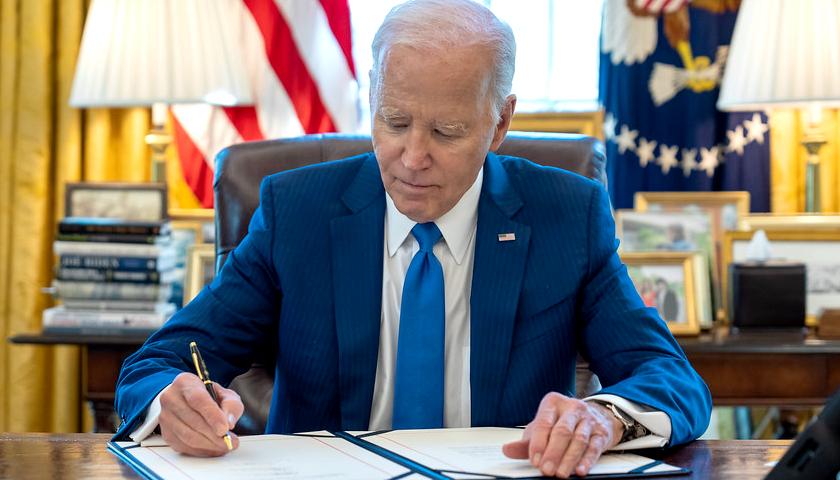by Victor Skinner
Officials with the Pennsylvania Department of Community and Economic Development discussed inflation and staffing challenges, as well as the Wolf administration’s decisions to close businesses amid the COVID-19 pandemic, during a third day of budget hearings in the House Appropriations Committee.
State Rep. Lynda Culver, R-Northumberland, highlighted record inflation numbers from the U.S. Bureau of Labor Statistics that showed a 7.5% annual increase in the Consumer Price Index for January, the fastest rise since 1982.
Culver also noted federal stimulus spending and questioned acting Secretary of the Department of Community and Economic Development Neil Weaver on outreach from the department to understand the effect of inflation on small businesses.
Weaver said department officials meet with businesses and communities of all sizes around the commonwealth, and “we continue to hear there’s issues around workforce, which is the number one issue we hear over and over again.
“Child care, transportation, as well as training” are other issues, he said. “We have a number of programs in place to help that.”
Rep. Keith Greiner, R-Lancaster, cited a recent survey from the National Federation of Independent Business (NFIB) that found the net percent of small businesses raising prices hit 61% in January, up 4% from December, and the highest percentage since 1974. The NFIB measure of optimism from business owners also is at an 11-year low, he said, driven by inflation, worker shortages and uncertain economic conditions.
“As we move forward, … what I want to know is what are your thoughts on inflationary levels in PA and how that’s going to affect the current atmosphere for small businesses?” he said. “Small business is the economic driver in this commonwealth.”
Weaver reiterated issues with attracting and keeping employees as a major issue in the near term, driven by transportation and child care issues and an aging workforce, he said.
“We have a number of reasons why, and those are things we’re working on with our small businesses,” Weaver said. “As far as inflation, it is a national issue and we need to address what we can here in Pennsylvania. We need to invest in our communities, we need to invest in our businesses and we need to invest in education, which is what we’re doing in this budget.”
Greiner pressed for specific actions the commonwealth can take to alleviate inflation on things such as rising grocery prices, but officials had little to offer.
“We acknowledge that that’s a real concern,” department CFO Kevin Rowland said. “Typically inflation would be addressed at the national level with fiscal and monetary policy, and that’s going on right now.
“In terms of what we can do at the state level, our agency, we’re happy to sit down with you and talk about how we can address that.”
Other lawmakers focused on an auditor general report that detailed “questionable decisions” regarding business shutdowns during the pandemic.
Rep. Greg Rothman, R-Cumberland, questioned whether recommendations in the report have been implemented, such as the creation of a working group to study how the department can improve.
Rothman also asked Weaver to apologize to businesses for how the department handled shutdowns.
Weaver said the department accepted the auditor general’s report but hasn’t implemented the recommendations, and he ignored the request to apologize.
“We’re hoping this never happens again,” Weaver said. “It was a pandemic and nobody knew what was going on. The medical community didn’t know what was going on, and it wasn’t a perfect process.
“We did what we needed to do to keep people safe,” he said.
Rep. Ryan Warner, R-Fayette, highlighted meta-analysis research that showed lockdowns resulted in major economic consequences with little public health benefits and questioned how officials would do things differently.
“I think we would look at it differently,” Weaver said. “I think it was a learning process. It wasn’t a perfect process.”
– – –
Victor Skinner is a regular contributor to The Center Square.








